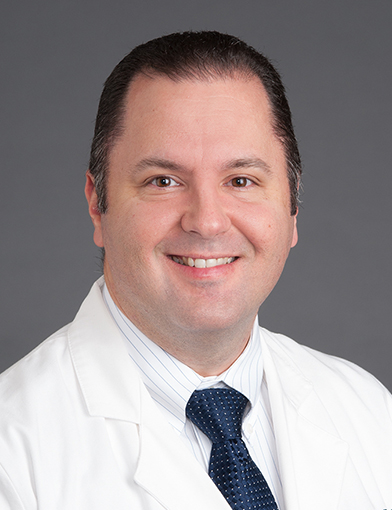The Interventional Fellowship at Wake Forest University School of Medicine is a fourth year of training subsequent to a conventional three-year General Cardiology fellowship to prepare the individual for a career in Interventional Cardiology. Applicants should be eligible for Cardiovascular Disease specialty boards.
The program is offered to three fellows per year.
Program Goals and Objectives
The primary focus of the program is to achieve a high level of excellence in clinical judgment, case selection and technical expertise with a variety of interventional equipment. There is a strong emphasis on appropriate inpatient and outpatient management to provide the highest level of effective care and follow-up for patients undergoing interventional procedures. By the end of the year graduates will be able to perform as an independent operator and contribute in either clinical practice or an academic setting and be viewed as leaders in their specific medical community.
The Fellowship program includes treatment of
- Coronary artery disease: PCI of stable ischemic heart disease, acute coronary syndromes, complex and high-risk CAD including CTO, rotational/orbital atherectomy, IVL, Excimer laser atherectomy
- Structural/valvular heart disease: TAVR, TEER, TMVR, TPVR, PFO and ASD closures and LAAO
- Pulmonary embolism: UACDT, mechanical thrombectomy
- Cardiogenic shock: mechanical circulatory support including IABP, percutaneous LVAD and RVAD (Impella and Tandem Heart) and ECMO
- Peripheral arterial disease
These treatments include
- Minimally invasive heart surgery/ hybrid cases to replace mitral valves,
- Implant clip in mitral valve to redirect blood flow
- TAVR (transcatheter aortic valve replacement) for severe aortic stenosis
- Ventricular assist devices
- CTO PCI

